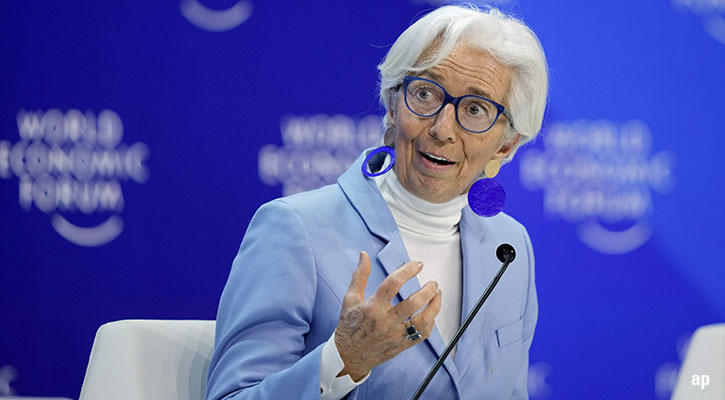This article is part of Morningstar's "Perspectives" series, written by third-party contributors. Here, BNY Mellon’s specialist investment boutiques Meriten, Standish and ARX share their views on the top five footballing favourites’ economies: Germany, Spain, Italy, Argentina and Brazil.
European Contenders
2014 may be too early to expect Spain to surpass Germany’s growth performance. For the rest of this year and into 2015, we expect the gap between European countries to narrow, with a potential for some unexpected positive growth from southern Europe in 2015. The growth ratings of Germany, Spain and Italy differ from their football rankings. The clear current economic champion is Germany; however the footballing champion is not so obvious.
With confidence of both companies and private household normalising and financing conditions appearing to also gradually improve, Spain could emerge from its current uncertain economic state with some momentum in the next two years. Elsewhere, Italy’s economic progress is more muted as GDP broadly stagnated in the last two quarters. However, there are some improvements visible in the cyclical indicators, such as the purchasing managers’ index, which has improved significantly from the low levels of the last two years.
Closing the gap between Spain and Italy on one side and Germany on the other, will take more time. Germany, as the European restructuring champion of the late 1990s, has begun to reap some of the fruits of its superior competitiveness by exhibiting accelerating wage growth and granting generous pension hikes as well as a minimum wage. These policies will weaken Germany's growth performance in the medium to longer term, allowing other countries to step into the limelight.
Spain and Italy are both faced with record unemployment and debt levels while many German regions are close to full employment and the country's public finances and external balances are in surplus. Whilst Spain may top the footballing tables, Germany is leading in the economic sphere.
Emerging Markets Contenders
Traditionally, Brazil is always a favourite to win the World Cup but its economic future is far less certain. Inflation is high and ahead of the elections in October this year, vast swathes of the electorate feel out of touch and ignored.
Much of President Dilma Rousseff’s focus during her time in office has been on social assistance through programmes such as Bolsa Família - a social welfare platform implemented by her predecessor, President Luiz Inácio Lula da Silva, which provides financial aid to poor Brazilian families. While the success of Bolsa Família can’t be ignored – around 11 million Brazilian families benefit from the scheme – it has had its fair share of critics and while the programme may help around a quarter of the population, the vast majority’s overriding concern remains inflation and the rising cost of living in the country’s major cities.
Elsewhere in South America, Argentina is not only currently second favourite behind host Brazil to win the World Cup but also seems to be moving in the right direction in terms of policy adjustments and market friendly steps ahead of next year´s elections, despite a deceleration in growth this year. Should the US Supreme Court rule in favour of Argentina in the holdouts case, this would remove a major impediment for the country to return to the voluntary capital markets and, ideally, resume a path of sustainable growth.
Most likely, however, the US Supreme Court could request further evidence from the US Solicitor General, and this would push the calendar back at least for another year. In case it decides to go ahead now, the chances of a technical default increase, as most likely, the current stay on the appeals court’s decision would be lifted.
On the ongoing economic adjustments programme, the Argentinean government is signalling that it recognises that amendments are needed in order to stabilise reserves and help ease the country’s re-entry to global capital markets. So far, the main changes have been on the monetary policy side (devaluation, higher interest rates, reduction of long USD positions by the banks, changes to tourism credit card payments abroad) and these initiatives have already helped to stabilise reserves.
Reporting more accurate inflation figures and a new GDP calculation also help. What is needed is adjustment on the fiscal side, as about 2-3% of GDP could be saved in primary spending by adjusting energy subsidies – a relatively politically painless move – and consequently reducing financing needs from the central bank by the same amount.
Morningstar Disclaimer
The views contained herein are those of the author(s) and not necessarily those of Morningstar. If you are interested in Morningstar featuring your content on our website, please email submissions to UKEditorial@morningstar.com.




























